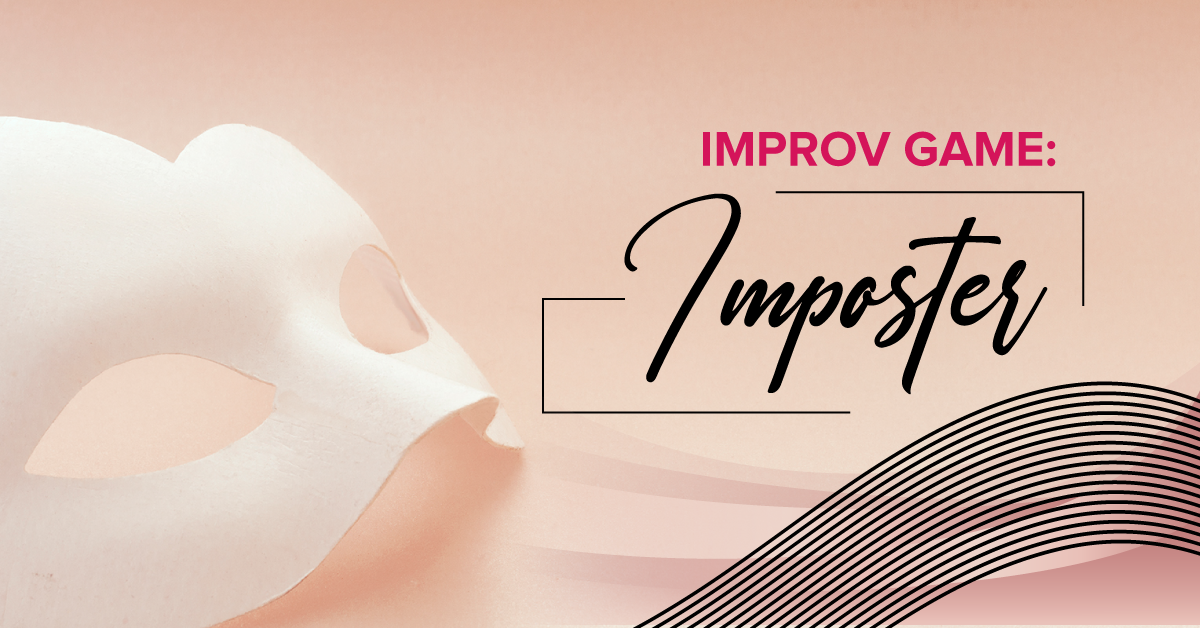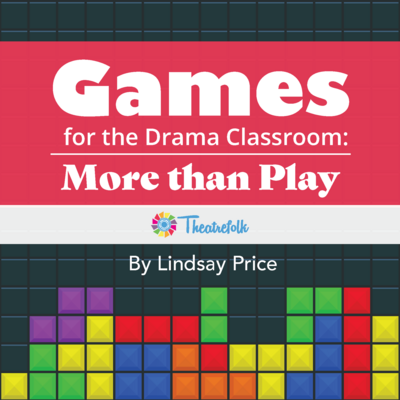A squirt gun would never be mistaken for a real gun, right? Dive into the thought-provoking world of Water. Gun. Argument and challenge what we choose to believe. A thought provoking and powerful piece in a docu-theatre style.
Warm-Up Game: Virtual Mirrors
The mirror game is one of the most common exercises in the drama classroom. Students are grouped into pairs, facing each other. One student is the leader and moves their face and body in slow movements, and their partner is their mirror image and copies the movements as precisely as they can. It’s a great game to work on focus, details, and teamwork. Ideally, students want to be so precise that the teacher can’t guess who is the leader and who is the mirror.
Virtual Mirrors is an adaptation of this drama game for virtual platforms like Zoom. This exercise is done as a full class.
1. Assign one student to be the leader.
2. The leader will start moving their face and body slowly. The rest of the group must copy the leader’s movements exactly. (Allow some flexibility for camera lag.) No talking or coaching is allowed between students.
3. Most students will likely have their device’s camera set up as a medium close-up (framing their head and shoulders in the camera) but they don’t need to limit themselves to staying in one spot. They can lean in and out of frame, come up close or move far away from the camera. Play with the medium. Students playing the followers should adjust their positioning in front of the camera to mirror the leader exactly. Think of a television display in a store, in which many TVs show the same image at the same time.
4. Some devices will mirror the screen automatically – you’ll know if yours does this if when you take a photo, any writing visible on the screen is backwards. Students might have to think about this when doing the mirror exercise and adjust their movements accordingly – raising their right hand instead of their left to accommodate, for example. Isn’t technology fun?
5. Have students focus on smaller details, particularly with their faces, like raising an eyebrow, tilting their head, or wrinkling their nose or forehead. Also, make students aware of unintentional movements, such as fixing their hair, yawning, scratching their faces, or sighing.
Adaptation 1: Lip Reading
- The leader will silently mouth a short sentence, exaggerating the words and syllables. The rest of the class will copy the movements and try to guess what the sentence is.
Adaptation 2: Copycats
- Group students into pairs and have them mirror their partners, all moving at the same time. See if students are able to focus only on their partner and not copy the other pairs.
Adaptation 3: Pass the Leadership
- One student will start as the leader. At various points, the teacher will call out another student’s name. That student will assume leadership without stopping the original movement – the transition should be smooth. This challenges students to focus on the leader, listen in anticipation of their name being called, and have an idea for continuing the movement in the back of their minds.
Adaptation 4: Add Music
- Play a piece of music in the background. Encourage the leader to interpret the music or lyrics with their movements.
Related Articles
Create Your Own Choice Board: Drama Activities
by Lindsay Price
Choice boards give students the opportunity to choose how they want to learn a particular subject. Create Your Own Choice Boards: Drama Activities can help encourage your students' independence by allowing them to take an active role in their learning.
Distance Learning
by Christian Kiley
A play about trying to survive and thrive in a virtual classroom.
Games for the Drama Classroom: More Than Play
by Lindsay Price
A collection of games and activities that go well beyond the notion of "play."
Improv Games with Purpose
by Jennine Profeta
Improv games including feedback suggestions and questions, game variations, teaching tips, side coaching tips, entry prompts, exit slip questions, and more!



